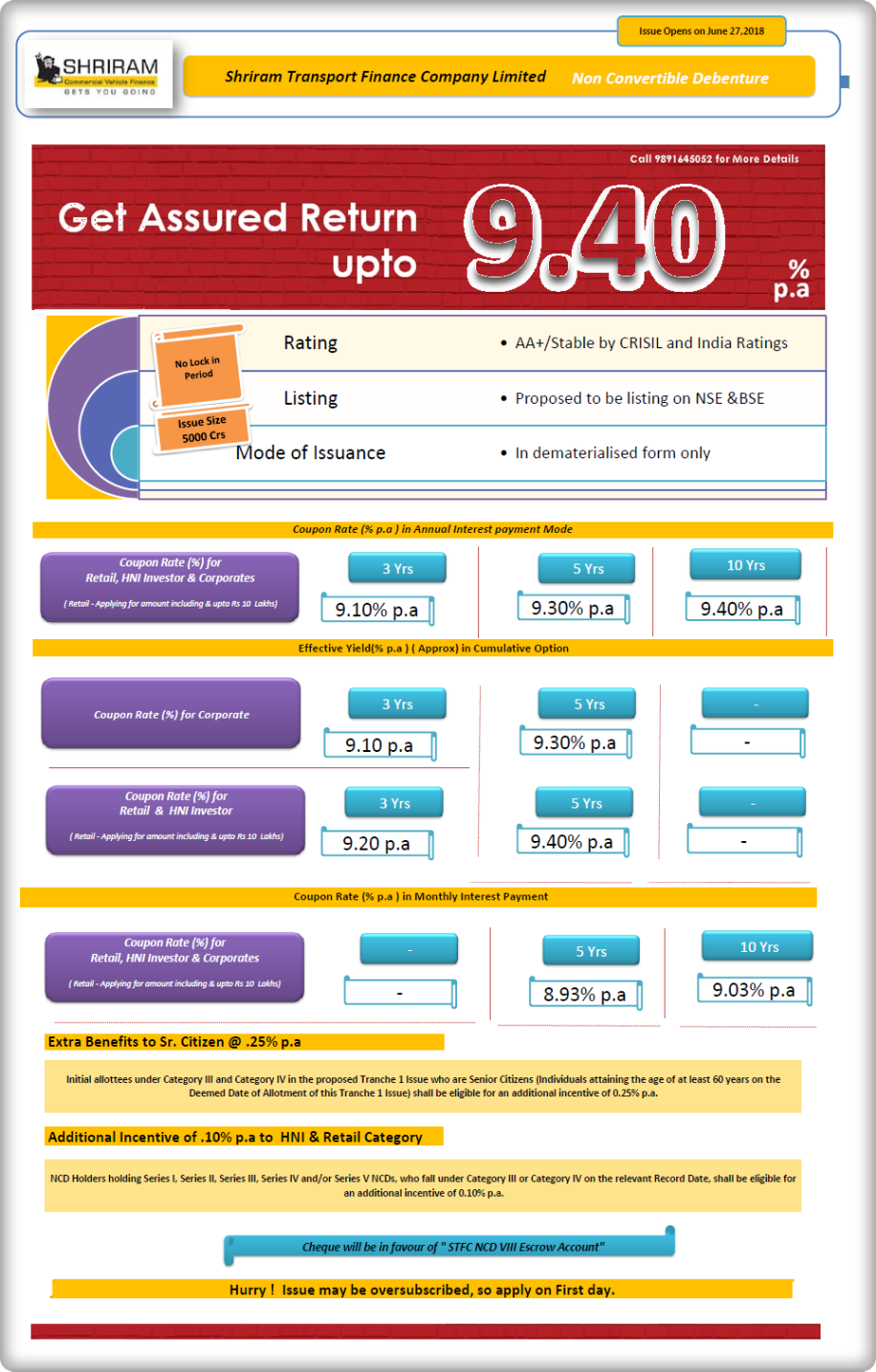Mutual funds' exposure to IT stocks hits 4-month low in April
Mutual funds' exposure to IT stocks hits 4-month low in April
Investments by mutual fund houses in software shares hit a four-month low of around Rs 34,000 crore at the end of April.
In comparison, equity fund managers' fund allocation in software or IT stocks stood at Rs 24,438 crore in April 2014.
According to market experts, fund managers are shifting focus to sectors like automobile and capital goods, as against IT space that are more dependent on global factors.
As per data available from Securities and Exchange Board of India (Sebi), overall deployment of equity funds in IT stocks stood at Rs 34,100 crore in April 2015 as compared with Rs 36,121 crore in the previous month.
This was their lowest level of funds allocation in software shares since December 2014, when the total value of mutual fund investments in the sector stood at Rs 33,970 crore.
Besides, exposure to IT stocks was at 9.43 per cent against 10.02 per cent in the preceding month.
The BSE's benchmark Sensex witnessed a drop of 3.4 per cent during the period under review.
IT was the second-most preferred sector with fund mangers after banks, which has an exposure of Rs 74,810 crore.
Besides, pharma witnessed a deployment of Rs 27,587 crore, followed by auto (Rs 24,544 crore) and finance (Rs 22,425 crore).
Source :BS
Sent from BlackBerry® on Airtel
Investments by mutual fund houses in software shares hit a four-month low of around Rs 34,000 crore at the end of April.
In comparison, equity fund managers' fund allocation in software or IT stocks stood at Rs 24,438 crore in April 2014.
According to market experts, fund managers are shifting focus to sectors like automobile and capital goods, as against IT space that are more dependent on global factors.
As per data available from Securities and Exchange Board of India (Sebi), overall deployment of equity funds in IT stocks stood at Rs 34,100 crore in April 2015 as compared with Rs 36,121 crore in the previous month.
This was their lowest level of funds allocation in software shares since December 2014, when the total value of mutual fund investments in the sector stood at Rs 33,970 crore.
Besides, exposure to IT stocks was at 9.43 per cent against 10.02 per cent in the preceding month.
The BSE's benchmark Sensex witnessed a drop of 3.4 per cent during the period under review.
IT was the second-most preferred sector with fund mangers after banks, which has an exposure of Rs 74,810 crore.
Besides, pharma witnessed a deployment of Rs 27,587 crore, followed by auto (Rs 24,544 crore) and finance (Rs 22,425 crore).
Source :BS
Sent from BlackBerry® on Airtel






Comments
Post a Comment
You are requested to mentioned your full name with email id while commenting.